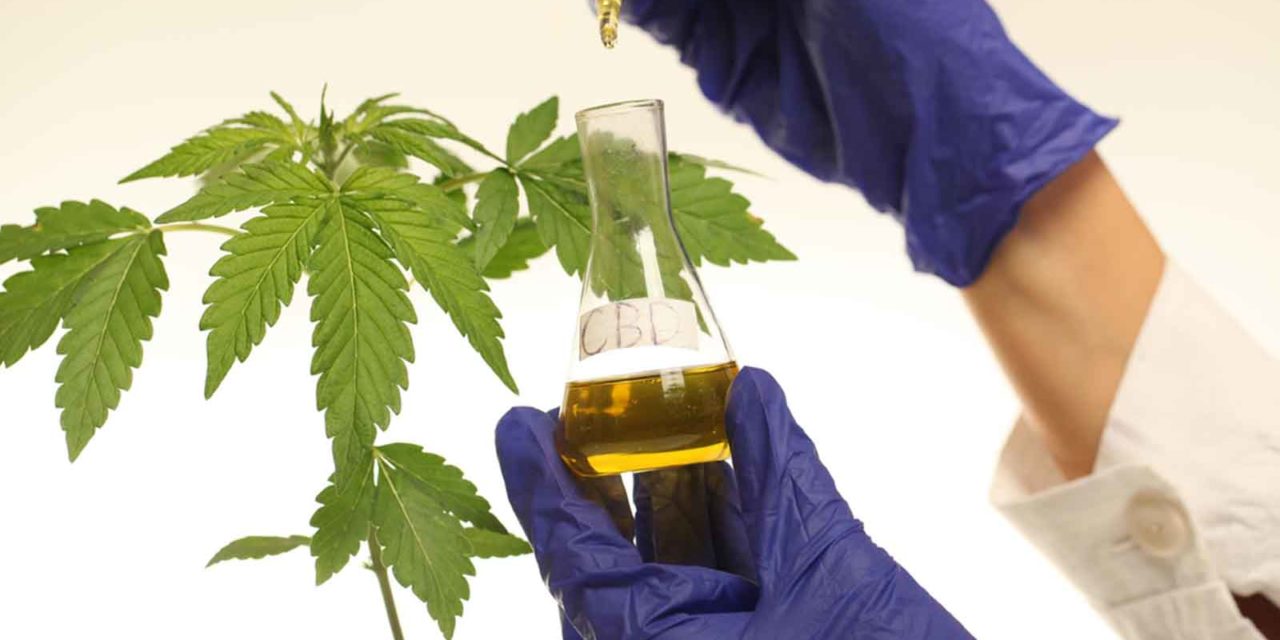With a booming level of sales of CBD oil in the dietary supplement field, the question needs to be asked what do manufacturers need to do to assure that the material meets specification and is made in compliance with cGMP ( Good Manufacturing Practice).
Its fair to say, I think, that the traditional producers in this area are largely inexperienced in what is appropriate. Hopefully using this platform, we may enlighten a few producers and assist them in maintaining consumer confidence as well as quality compliance.
The major compliance feature in the manufacture of CBD product relates to the extraction process from either field or greenhouse produced biomass. So, this is going to mean similar concerns to those connected with processes for the extraction of alkaloid pharmaceuticals/drugs from other field crops for example. The differences are small, but the regulation is for 21CFR 111 for dietary supplements and 117 and not 21CFR210/211 for drugs.
So, for those that are coming into this regulated space, what does this mean?
The products are being made according to GMP and that requires consistent methodology, qualification of equipment and a validated process.
At the heart of the everything is a Quality Management System which is an interconnected group of key policies which assures control of all aspects of the manufacturing process.
The FDA requires 6 essential areas of control in making products and around these we build core functions which include but are not necessarily limited to:
- Non-conformance management (deviations)
- Corrective and Preventive Actions (CAPA)
- Validation
- Training
- Change Management
- Vendor Management
- Document Control
- Laboratory Controls
Perhaps the most critical part of the process for new manufacturers is the discipline that is going to be required to adhere to procedures and to maintain documentation that demonstrates conformity.
The other feature that sets this apart for most producers will be the verification of compliance by inspection, to determine that the company’s practices are up to standards, promulgated by the FDA.
Pulling all this together is not a minor consideration and perhaps is best enforced by an expert in compliance of regulated products. Failing to address this means that the product cannot be shipped and will most likely fail to find customers.
With so many new entrants into the Cannaboid business, many of whom have very little familiarity with the nuances of production under these types of conditions, there is a real opportunity for those that understand how to manage things to develop a favorable competitive position.







